"I had kinda been ignoring it:" Initially hesitant to get screened, man learns he has prostate cancer
MILWAUKEE -- It was a scary moment caught on camera. Minnesota Governor Mark Dayton collapsed on Monday, January 23rd during his State of the State address. On Tuesday, he revealed he has prostate cancer. The warning signs are not always obvious.
One in seven men will be diagnosed with prostate cancer. If caught early, it's very treatable, but catching it can be a very difficult.
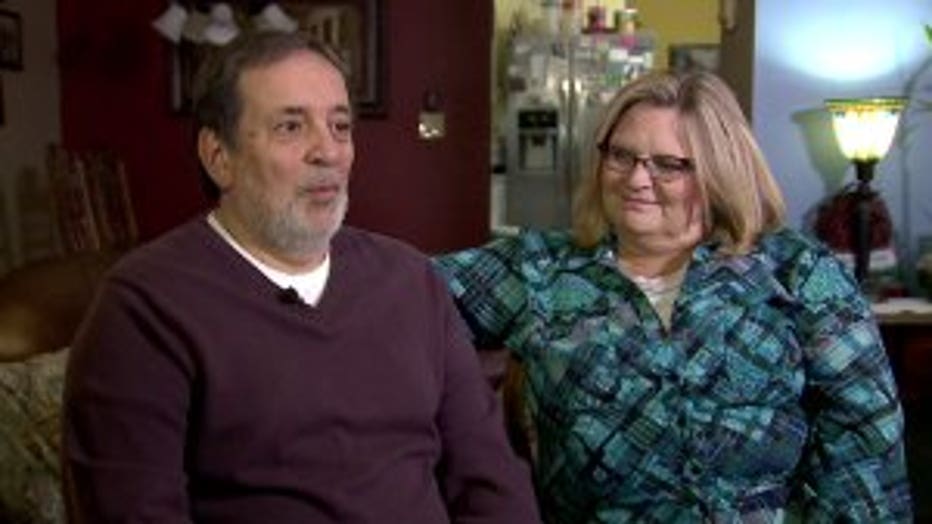
Jeff and Judy Pawlak
When you've been married as long as Jeff and Judy Pawlak, you tend to call is as you see it. Over the course of 32 years, they've shared a lot. But when it came to Jeff's health, peeling back the layers wasn't easy.
"I had kinda been ignoring it for about four years," Jeff Pawlak said.
During routine visits to the doctor's office, he had his blood tested for levels of a prostate-specific antigen, commonly known as a PSA test.
"My PSAs started to rise," Jeff Pawlak said.
He had no physical symptoms to indicate something may be wrong, but the numbers told a different story.
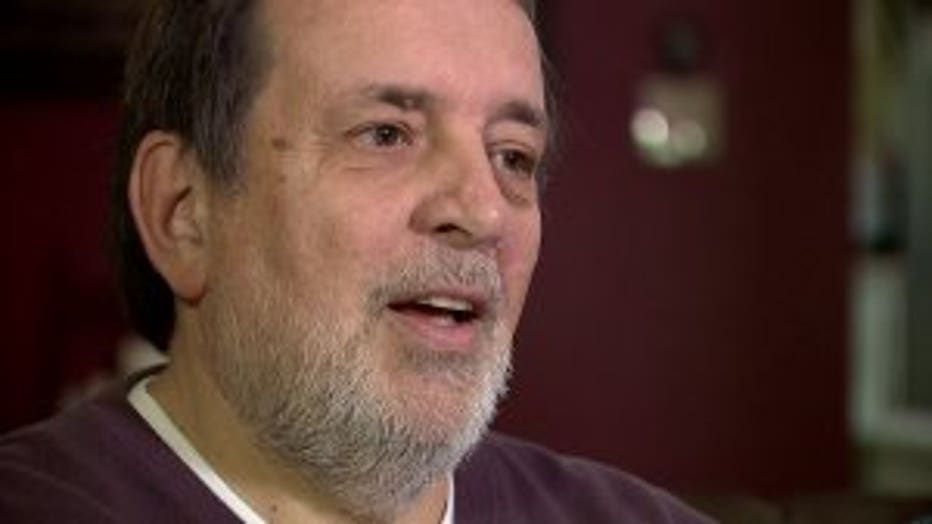
Jeff Pawlak
"4.2, 4.8, 5.6, 6.0 -- and I would just ignore it because I was afraid, you know?" Jeff Pawlak said.
His doctor recommended he get screened for prostate cancer before it was too late.
"If you`ve waited until you have symptoms from prostate cancer, you`ve really waited too long," Dr. Kenneth Jacobsohn with Froedtert & the Medical College of Wisconsin said.
Despite the advice, Jeff Pawlak was hesitant.
"He was reluctant to get screened," Dr. Jacobsohn said.
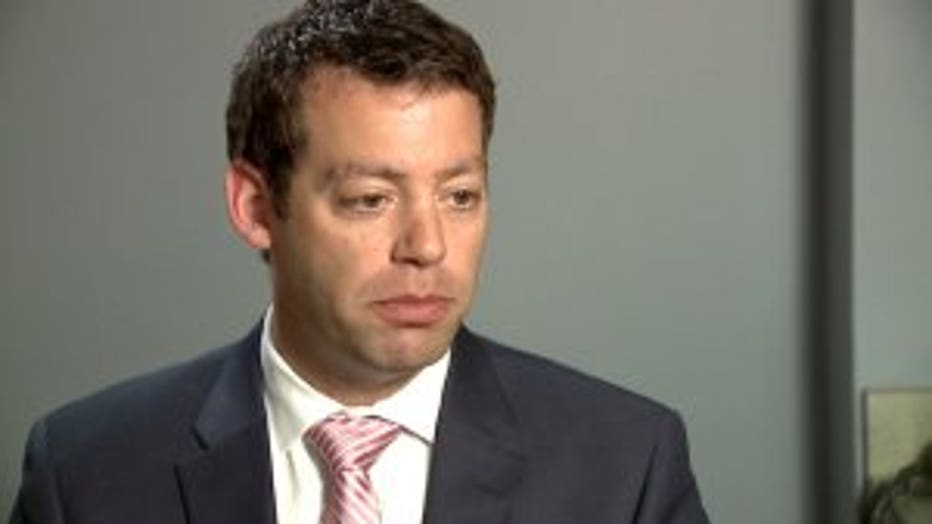
Dr. Kenneth Jacobsohn
Jeff Pawlak didn't want to tell his wife, but it was inevitable she'd find out. She is an oncology nurse at Froedtert -- the hospital he was referred to for screening.
"He held a belief that screening for prostate cancer was not going to be for him, despite the fact that his wife worked in our Cancer Center. She saw patients with prostate cancer in various stages all the time," Dr. Jacobsohn said.
"It`s in an area where guys just don`t want to have anything done -- where the prostrate is," Jeff Pawlak said.
Ultimately, he decided to go ahead and tell his wife, who encouraged him to go through with the screening.
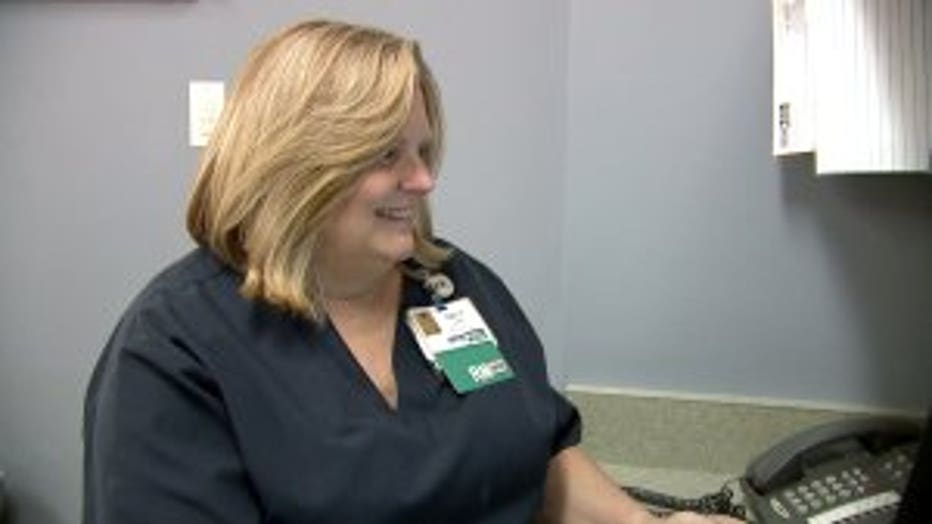
Judy Pawlak
"He was driving me nuts!" Judy Pawlak said.
The results of Jeff Pawlak's test came back positive. He had prostate cancer -- but that was just the first challenge.
"Even once we had a diagnosis, he was reluctant to get treatment," Dr. Jacobsohn said.
"I was on the fence, whether I should have surgery," Jeff Pawlak said.
"Jeff carried around a piece of paper that said it does no good to get treated for prostate cancer," Dr. Jacobsohn said.
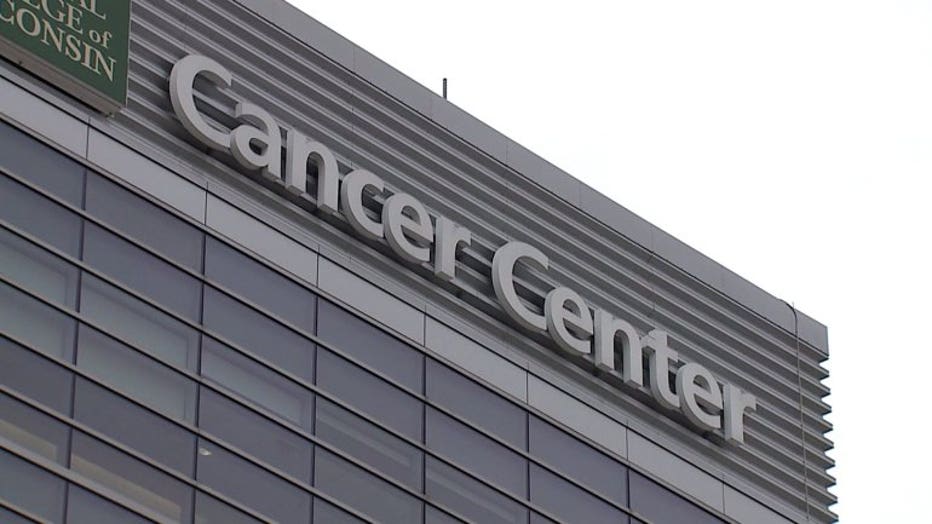
Cancer Center at Froedtert & the Medical College of Wisconsin
"The 'light bulb moment' was, I told Dr. Jacobsohn I`d think about it over the holidays. There`s no more playing around with it. This is serious," Jeff Pawlak said.
"It just goes to show you what a personal thing it is when someone has cancer," Judy Pawlak said.
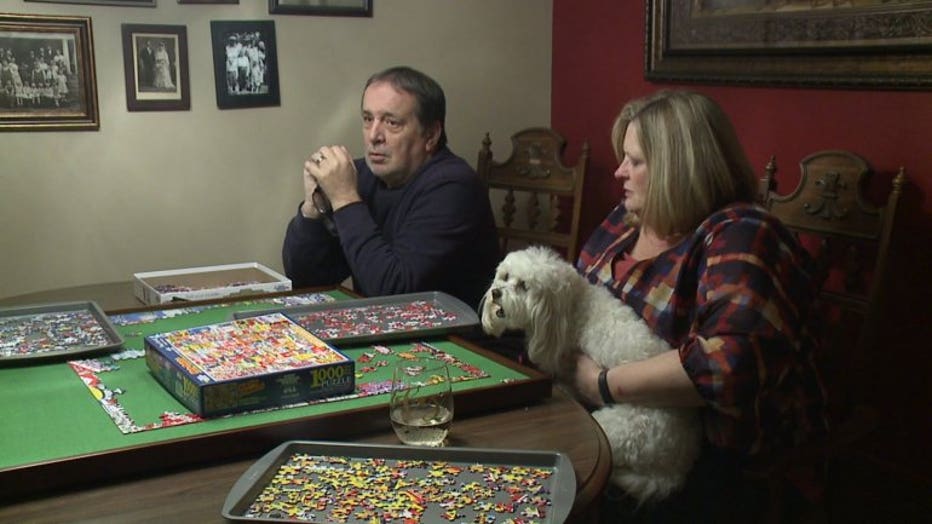
Jeff and Judy Pawlak
Jeff Pawlak's personal journey led him to the decision to have the surgery. So what was he afraid of?
"The common things were ED, leakage, not being able to be intimate with my wife anymore. I didn`t realize with the proper treatment and follow-up that I didn`t have to give those things up," Jeff Pawlak said.
He had his prostate removed, but doctors weren't able to remove all of the cancer.
The good news is, Jeff Pawlak is taking medication and it's helping. That, coupled with a good attitude has helped to keep his life sweet and well-balanced.
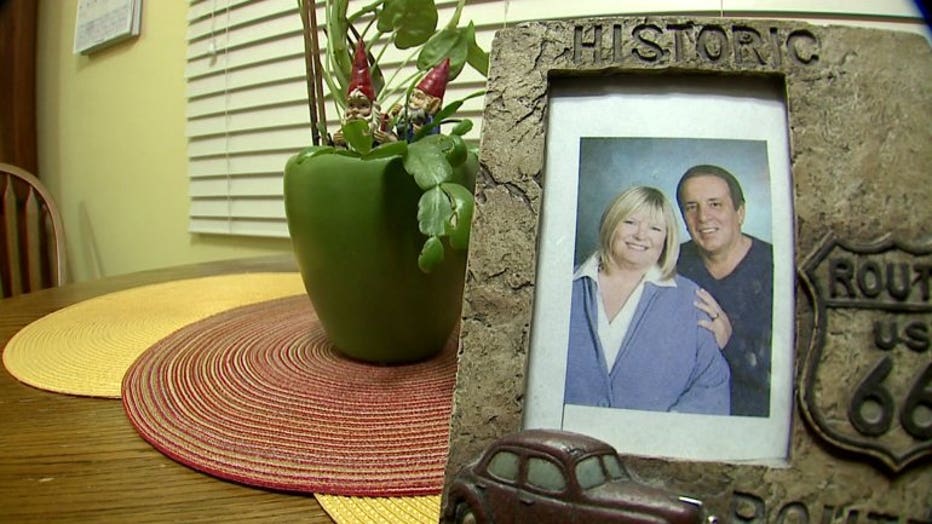
Judy and Jeff Pawlak
"Even though I still have the prostate cancer, I don`t have the symptoms. There`s nothing," Pawlak said.
He's continuing to receive treatment, and goes in for a check-up every three months.
So at what age should you get screened for prostate cancer?
The average man should start between the ages of 50 and 55, depending on the specific medical history. Some men should begin getting screened at the age of 45.
The screen involves a simple blood test and a physical exam.
You can call this telephone number -- 414-805-3666 for a FREE blood test and digital rectal exam.

